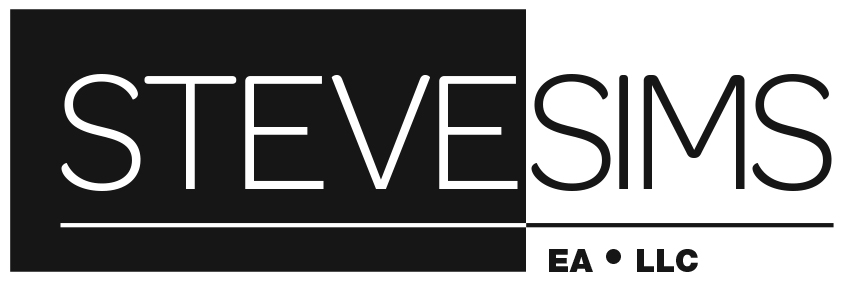Getting your “Stuff” together to file your 2017 tax returns... Consider these things to reduce your chance of Audit!
Filing season is now underway. Here are a few common issues that you should be aware of and mistakes to avoid when filing tax returns.
Federal Schedule A (Form 1040) – Itemized Deductions
In January 2018, the California Franchise Tax Board will send letters to certain taxpayers who have filed and reported itemized deductions for medical expenses, charitable contributions and/or employee business expenses. California and federal rules are similar with regard to allowable itemized deductions and the letter provides these taxpayers several IRS resources to aid them in filing their tax returns. The focus of these letters is to remind taxpayers of their continuing responsibility to file accurate tax returns, include only deductible amounts they are legally entitled to claim, and maintain and provide appropriate documentation and substantiation for all deductions and credits claimed.
Some of the common federal Schedule A (Form 1040) audit issues include:
Deducting insurance premiums paid with pretax dollars.
- Deducting insurance premiums paid by an employer-sponsored health insurance plan (cafeteria plan) unless the premiums are included in box 1 of Form(s) W-2.
- Donations are not made to qualified charities.
- Cash donations - For gifts of $250 or more, statements from the charitable organizations are not available.
- Non-cash donations - Deductions are in excess of fair market value of the items donated.
- Adequate records are not maintained.
- Taxpayers may be reimbursed for business expenses they incur by their employer regardless of whether or not they filed a claim with their employer.
- Business mileage expenses should not include commuting miles to and from the job or miles that are for non-business reasons.
- Work clothes and uniforms are not required by employer.
- Other expenses claimed on Line 23 are not income related.
- Adequate receipts and logs are not maintained.
Unreimbursed Employee Business Expense (EBE)
• Taxpayers did not maintain adequate substantiation to support claimed deductions.
• Taxpayers claimed EBE even though their employer had a reimbursement policy (whether or not they submitted reimbursements).
• Taxpayers claimed non-deductible “commuting” mileage.
• Taxpayers did not keep all their supporting state tax documentation for four years. The California statute of limitations is four years, 1 year longer than the three-year federal statute of limitations.
Head of Household (HOH)
• Taxpayers did not attach form FTB 3532, Head of Household Filing Status Schedule, to their tax return when they claimed the HOH filing status. Taxpayers who fail to attach form FTB 3532 schedule or fail to complete the form in full may receive a letter asking them to complete and submit a revised schedule and supporting documentation.
• Taxpayers must answer all the applicable questions on the form FTB 3532 in order to qualify for the HOH Filing status. Not completing the form accurately or completely can lead to the taxpayers being denied the HOH filing status.
• The qualifying person does not meet the gross income test.
• The taxpayer lived with his or her spouse during the last six months of the year.
• A married taxpayer claimed a parent or relative as his or her qualifying person.
• Taxpayers claimed a nonrelative as a qualifying person.
Other State Tax Credit (OSTC)
California taxpayers may be taxed on their income by California and another state. To alleviate this problem of double taxation, a state may allow taxpayers an OSTC.
Common OSTC audit issues over the past year include:
• Taxpayers claim the OSTC for amounts paid to those states for which California does not have a reciprocal agreement.
• Taxpayers claim income as double taxed that was not taxed by both California and the other state.
• Taxpayers claim OSTC for city and county taxes paid.
Please see Schedule S, Other State Tax Credit, instructions for further information.
Federal Tax Changes
• Taxpayers are required to notify us within 6 months of the Final Federal Determination (FFD) if the IRS adjusts or corrects gross income or deductions. The notification to us should include any IRS assessed penalties, adjustments or corrections resulting from math errors, tax credit adjustments, other tax adjustments, or supplemental income even if the IRS did not examine these adjustments.
• Taxpayers make adjustments to their federal return, but fail to make the corresponding adjustments to their California personal income tax return.
Information taken from “Tax News” a California Franchise Tax Board publication. Click here for more information:
https://www.ftb.ca.gov/professionals/taxnews/Editions/2018/January.shtml
